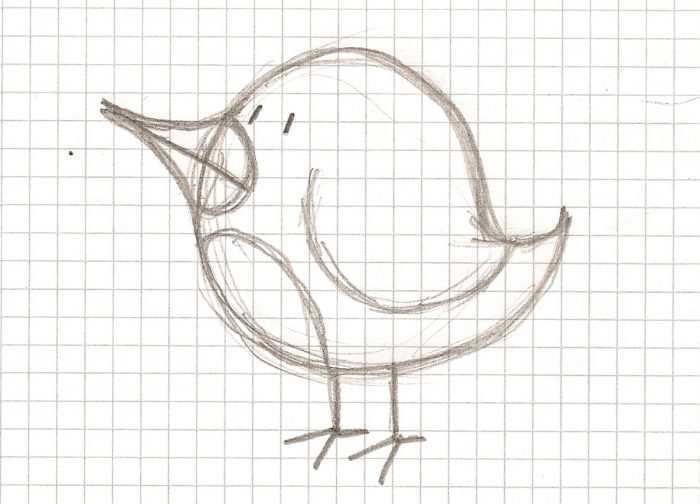
Twitter was taking up too much of journalists’ time, the Times said. It was also driving harassment and abuse, and bad tweets harm the reputation of the paper and of its staffers. The company also made it clear that Twitter is truly optional, and that using it isn’t a job requirement.
There must be an Elon Musk in the water because this week, The Guardian released new social media guidelines for its own staffers.
The guidelines are “based on extensive input from journalists and commercial staff across [Guardian News Media], in the UK, US and Australia,” the Guardian said. Here are a few key parts:
GNM does not require you to tweet or post on any social media platform. Most staff can do their jobs extremely well using social media either occasionally, such as to share Guardian and Observer stories; for monitoring (‘listen-only’ mode); newsgathering/finding sources; or not at all. You are not expected to have a presence or a following on social media.
The Guardian and the Observer are renowned for fair and accurate reporting, and being trusted matters. Editorial colleagues — particularly those working in news — should remain especially mindful of blurring fact and opinion when using social media. Be aware that expressing partisan, party-political or strong opinions on social media can damage the Guardian’s reputation for fair and fact-based reporting, and your own reputation as a journalist. The same applies to likes and retweets.
Reporters with large followings need to be especially careful about this, the memo notes:
Your behaviour, more than most, will reflect on GNM and may have a disproportionate impact on those you engage with on social platforms. Think carefully before you quote-tweet.
We strongly discourage the use of social media to air any form of internal disputes with colleagues or contributors, or with GNM. This is a serious matter.
Also, subtweets about colleagues are “never acceptable.”
Remember, as a journalist your job is to break news for GNM, on GNM’s platform, not on social media. Only tweet breaking news if the news editor is happy for you to do that, rather than report it for the website.
It’s worth keeping in mind that just because a story is generating interest on social media, or a handful of people have tweeted about it, that does not necessarily mean it has news value and needs to be reported or circulated further on social media.
We strongly encourage staff to regularly delete historical tweets and other social posts. We recommend using the Tweetdelete service to do this. The cost of this can be expensed.
The Guardian also “plans to create a new role in the managing editor’s office that includes responsibility for social media, so that GNM journalists and editors have somebody to talk to for expert advice and support, including on abuse or harassment when needed.”